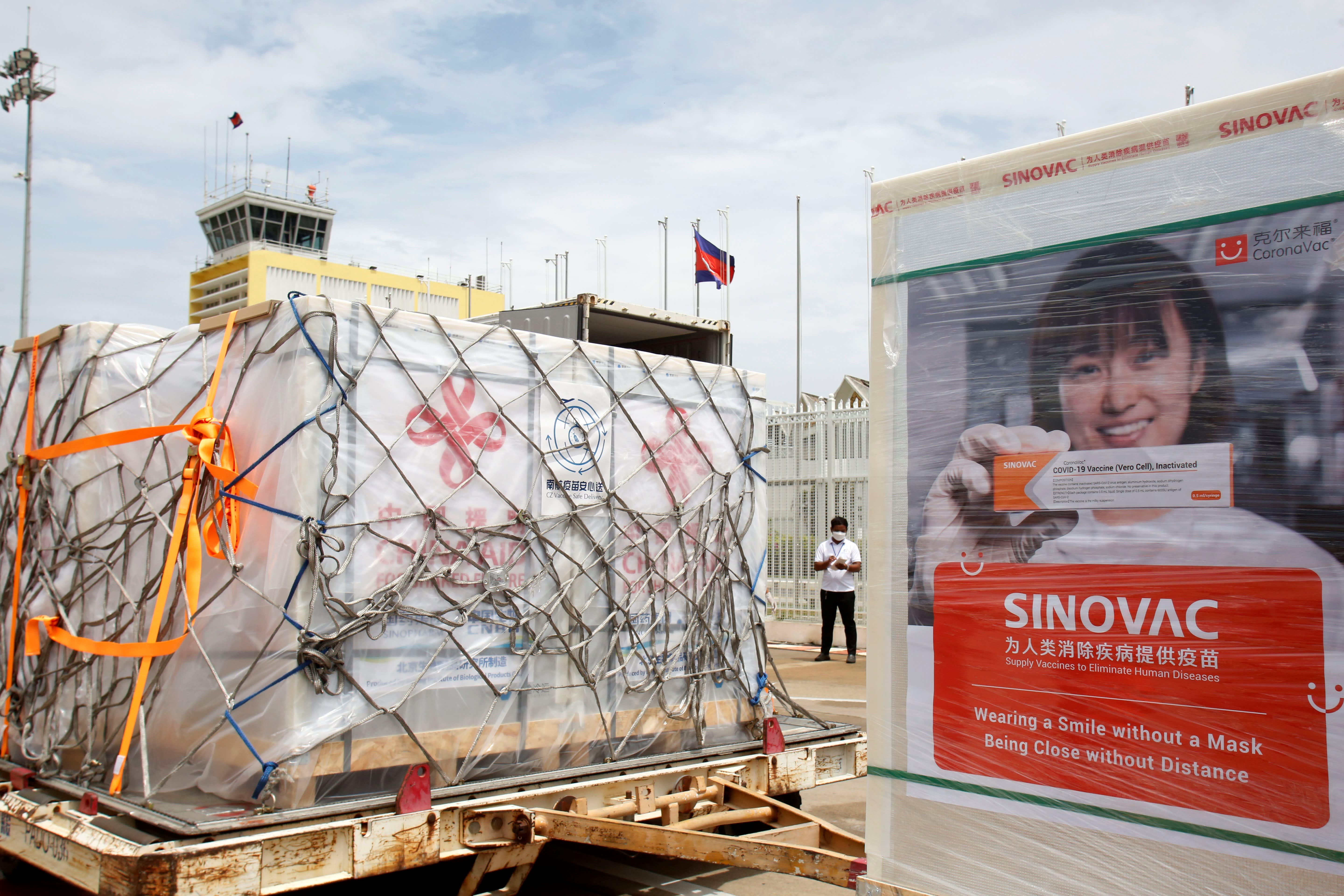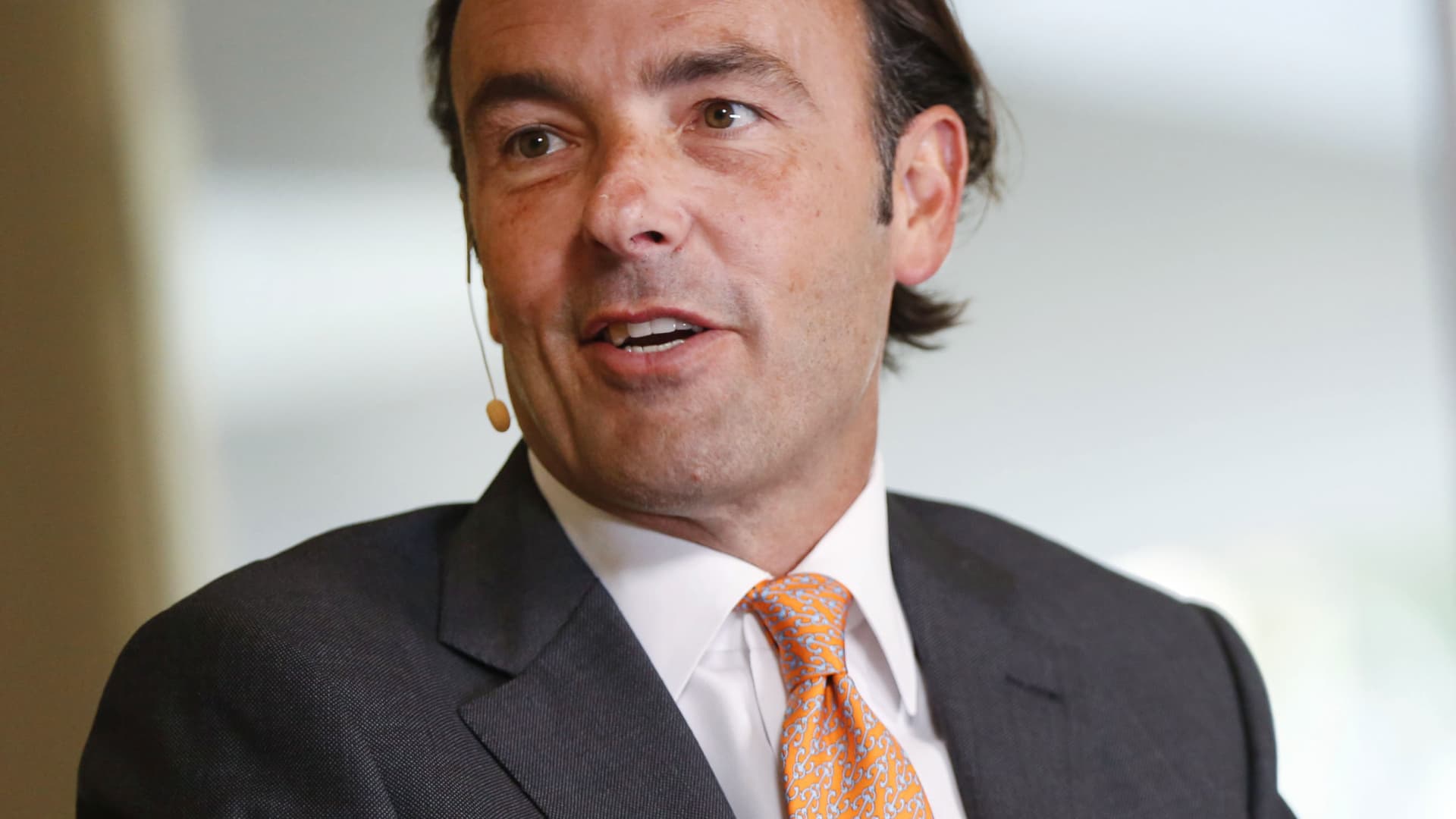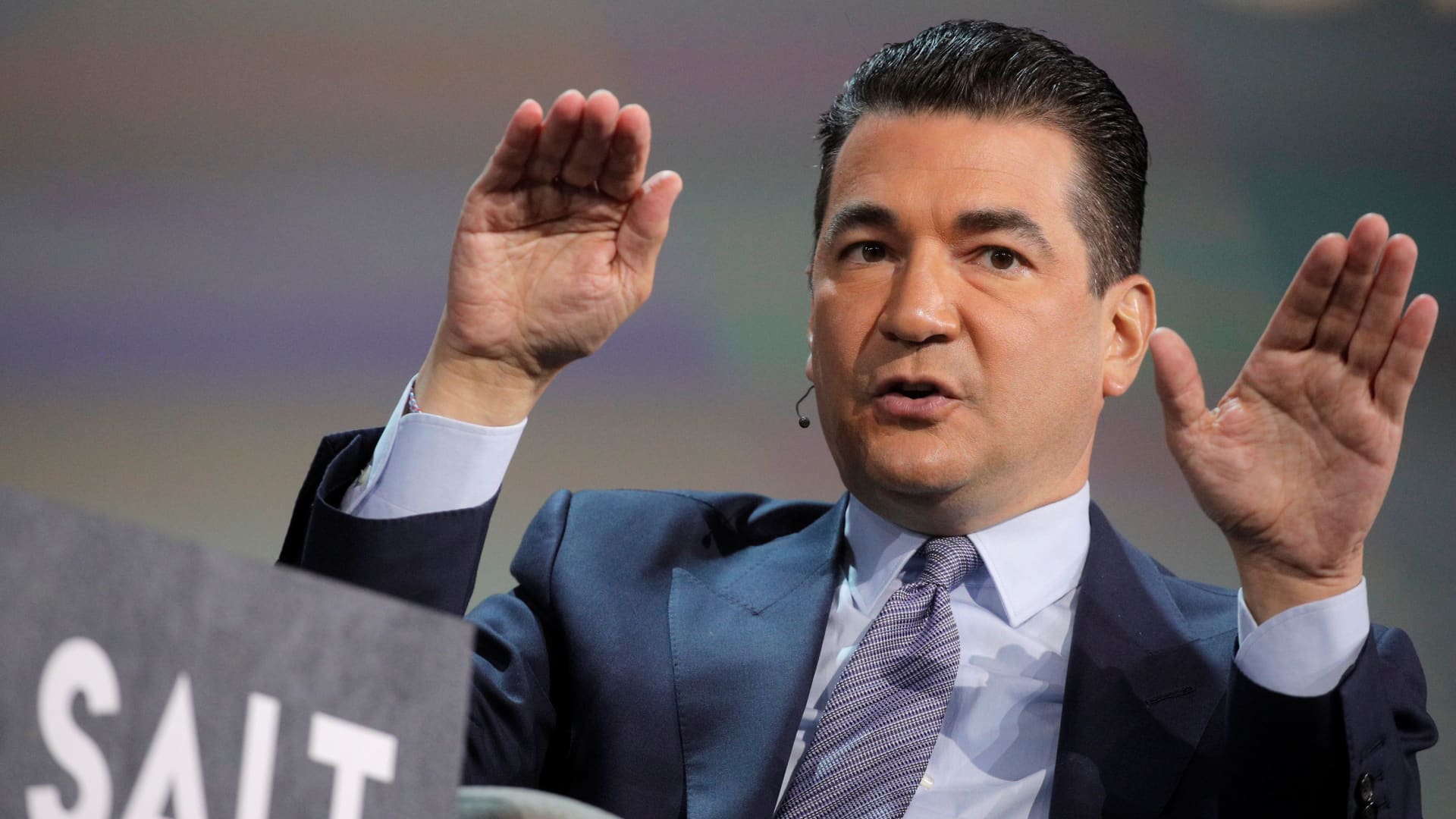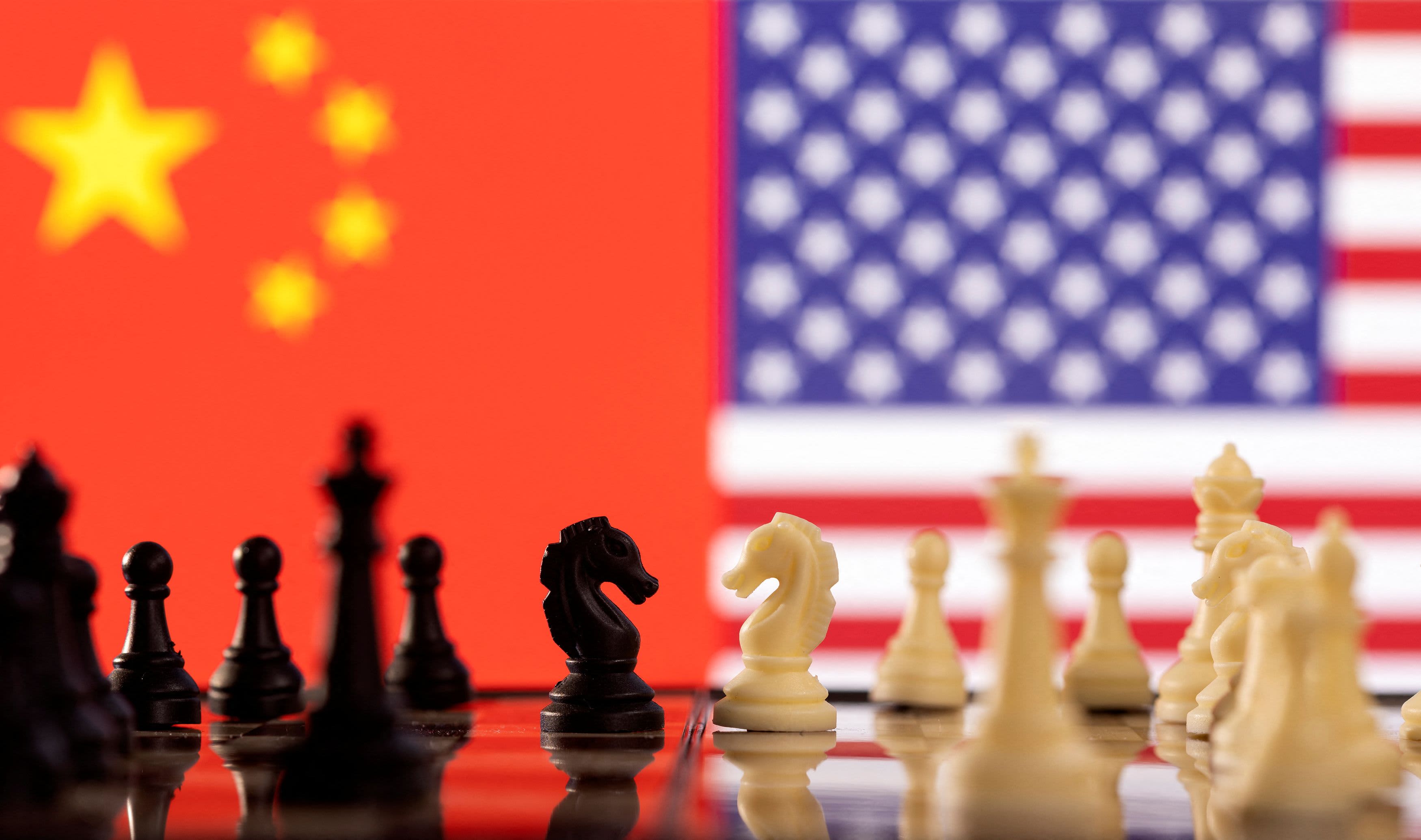Taiwan leader's meeting with McCarthy could provoke a 'big' reaction from China, says analyst
A meeting between Taiwan's leader and U.S. House Speaker will provoke a strong reaction from China, said Anna Ashton, China director at the Eurasia Group.
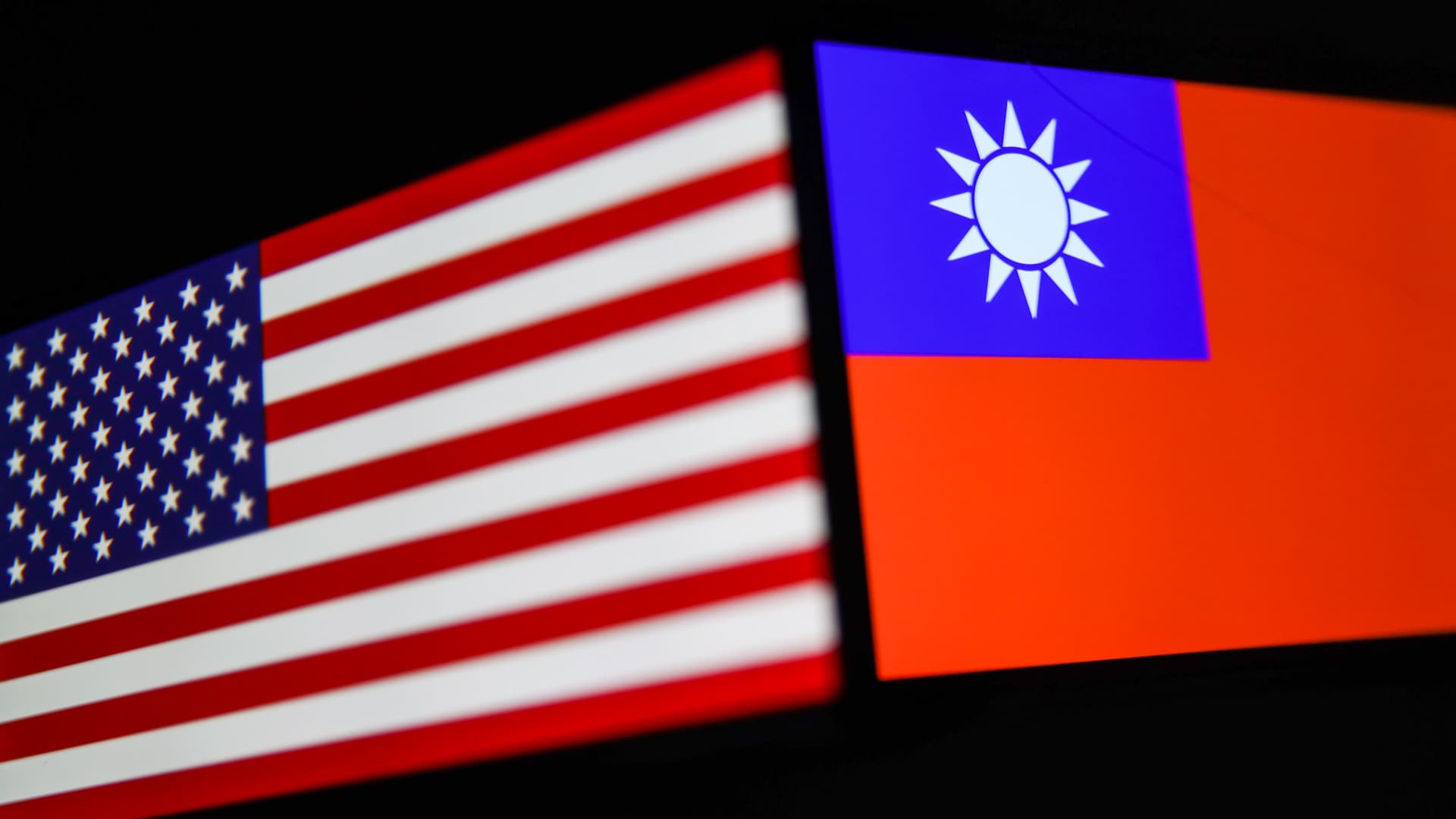
Flags of the United States and Taiwan displayed on phone screens are seen in this multiple exposure illustration photo taken in Poland on August 4, 2022.
Jakub Porzycki | Nurphoto | Getty Images
A meeting between Taiwan's leader and U.S. House Speaker will provoke a strong reaction from China, said Anna Ashton, China director at the Eurasia Group.
Taiwan's President Tsai Ing-wen will likely meet face-to-face with Kevin McCarthy when she makes a transit visit through Los Angeles next week. Tsai is currently on a 10-day trip to visit Central American allies, Belize and Guatemala.
The meeting with McCarthy hasn't been officially confirmed.
"The reality is that McCarthy is third in line to the presidency. A meeting like this would be the senior most U.S. official meeting with a sitting Taiwan president on U.S. soil ever," Aston told CNBC's "Squawk Box Asia" on Thursday.
"Beijing has already warned about their opposition to this meeting and we could see a reaction, even as big as the reaction after the Pelosi visit."
Crossing of China's red lines by the U.S. could push China into a situation where it feels compelled to use force and act more assertively.
Anna Ashton
China director at the Eurasia Group
Thorny relations
Relations between the U.S. and China have been going downhill, analysts warn. Next week's meeting between Tsai and McCarthy will likely add to already rising tensions.
China has repeatedly said that the issue with Taiwan is an internal affair. Beijing claims that the self-governed island is part of its territory, and maintains that Taiwan should have no right to conduct foreign relations.
The Biden administration has been keen to playdown Tsai's latest transit, calling it "unofficial."
"In all previous transits, she met with members of Congress, as well as state and local officials, and had public appearances," White House National Security Council spokesman John Kirby, said at a press briefing on Wednesday.
China's foreign ministry had strong words for the U.S.
"The trip is not so much a 'transit,' but an attempt to seek breakthroughs and propagate 'Taiwan independence," spokeswoman, Mao Ning, said Wednesday at a regular press briefing. "The issue is not about China overreacting, but the U.S. egregiously conniving at and supporting 'Taiwan independence' separatists."
Crossing red lines
Beijing has consistently warned that Taiwan is the "first red line" that must not be crossed.
Ashton pointed out that it's important to note that China has often said it prefers long-term peaceful reunification with Taiwan.
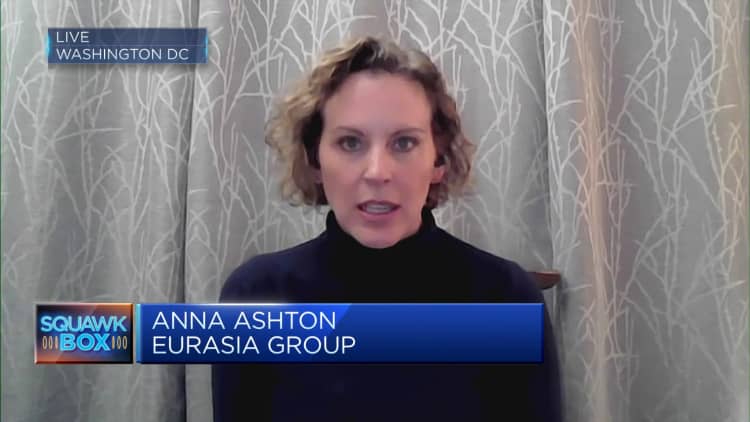
"Time is on China's side and always has been — except for the fact, that the U.S. has become a little bit less predictable," the analyst said.
"Crossing of China's red lines by the U.S. could push China into a situation where it feels compelled to use force and act more assertively because it's protecting what it sees as its interests against a U.S. effort to block them."

 Aliver
Aliver 







